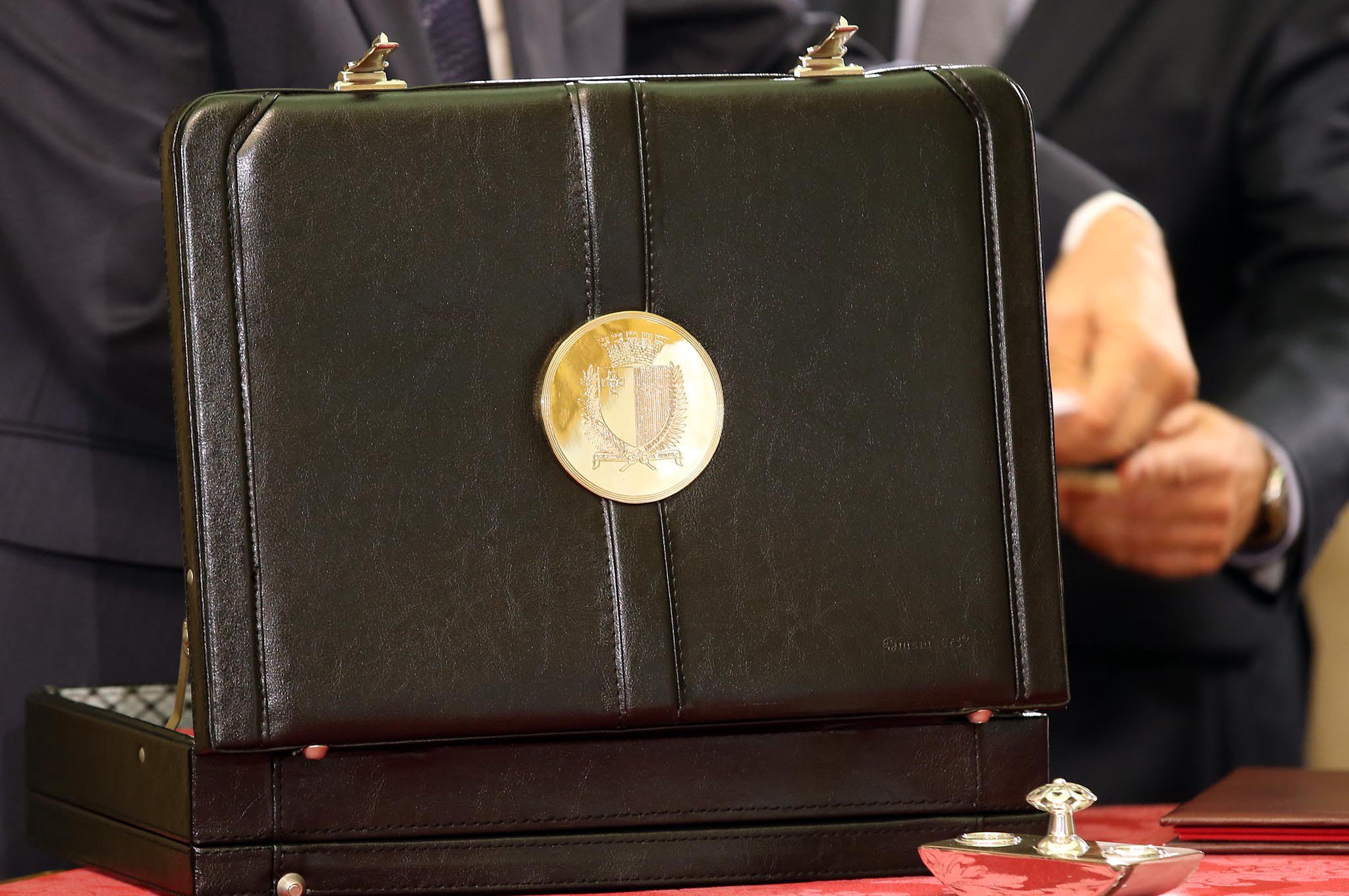
The decision to introduce no new taxes, confirmed with the unveiling of the Budget 2022 last week, “is a politically popular statement but it effectively hamstrings the Government into using half its tools one Budget after the next,” according to prominent economist Marie Briguglio.
Providing her insights to BusinessNow.mt, she suggests that avoiding new taxes forces the Government to continue to tax low income earners, instead of “modernising and reforming” its tax design.
It also means having to rely on paying “expensive grants” to achieve economic goals when “enforcing penalties on bad practices could do the job faster and be cheaper for the public purse”.
Leading Government politicians, including both Prime Minister Robert Abela and Finance Minister Clyde Caruana had long insisted that the Budget would not include any new taxes, and indeed, it does not.
Instead, it plans to reduce the country’s concerning deficit and increase tax income by clamping down on tax and VAT balances due, and increasing economic activity through consumption by six per cent.
This goal has not been universally popular, and has been characterised by one expert as a “formidable challenge“.
However, the Finance Minister, speaking in an interview with BusinessNow.mt last week, shared that the clampdown on unpaid taxes has had its desired effect so far, and “a lot” of businesspeople have visited the tax department to settle agreements on tax balances due.
Speaking more broadly, Dr Briguglio says the Budget is one which seeks to achieve “very important” aims, in the environmental and social domains several of which have been set by the European Union, and others which respond to public concerns.
Dr Briguglio posits that with fiscal interventions, the devil is in the detail. The manner in which some incentives are designed risks unintended outcomes.
She explains how incentivising the purchase of electric vehicles without the obligation to substitute a vehicle could lead “a burgeoning number of cars on the road – as has happened in previous years”.
Discussing the nature of the Budget – said by some to have all the characteristics of a pre-election Budget – Dr Briguglio comments: “It is always interesting to contrast the politics of a Budget with its economics.
“Political emphasis is generally placed on how generous the spending was for particular demographics, as this Budget is in many instances.”
On the other hand, in addressing more economic questions, the main concern stems from the understanding that Malta’s resources are limited and that “everything done comes at a cost, – including the opportunity cost of foregone options.”
She compares several Budget measures with their alternatives, for example the introduction of free bus fares, compared with focusing on the quality and frequency of service, or incentivising longer working hours through tax breaks, instead of attracting more people into the labour force by addressing the minimum wage.
Dr Briguglio also identifies some areas where the Budget was “heartening,” pointing out “it was a relief to see that the Government has accepted that there is a need to revise ARMS billing practices in a way to ensure that energy and water quotas can be fully enjoyed by households.”
The Budget has so far received a mixed reaction from experts, including JP Fabri, who called it “ambitious yet achievable,” and Stephanie Fabri, who stated that the focus now needs to turn towards being at the forefront of the international economic post-COVID rebound.
Featured Image:
DOI/ Jeremy Wonnacott
Self-employed, employees and companies contribute €2.1 billion in 2023
Parliamentary data reveals five-year growth trends in fiscal contributions
Malta’s next leap: Secured
How ESET delivers enterprise-grade security to meet Malta’s digital ambitions
Mastering the language of business: How BELS is crafting bespoke training for a dynamic economy
BELS Malta Director of Studies Arianna Muscat on how the language school helps companies equip their teams for success.






